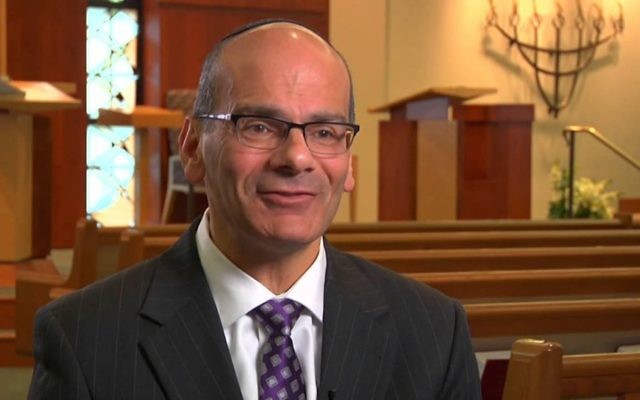A Message for the Festival of Freedom
This supplemental reading for the seder comes from American Jewish Committee.
Rabbi Noam Marans, American Jewish Committee’s director of interreligious and intergroup relations, offers this supplemental reading for your seder.
As Jews and friends gather around the seder table, our thoughts and prayers are focused on all who suffer, all who are oppressed, be they individuals or communities. On this Festival of Freedom, we proclaim, “All who are in need, come and celebrate the Passover with us.” Our redemption cannot be complete, our Passover cannot be fulfilled, as long as there are others in need of our redemptive power.
This year we amplify our concerns for the millions who are abused for practicing their faith, the millions who are persecuted in the name of religion. We remember that when Moses said to Pharaoh, “Let my people go,” his demand was for religious freedom: “Let my people go so they may celebrate a feast for G-d.”
Moses was asking in the name of G-d for the most basic of human rights: the right to practice one’s faith freely. That clarion call is as fresh today as the day it was first spoken by Moses.
In our own day, so many of the world’s conflicts are motivated or heightened by religious strife, be it a resurgence of worldwide anti-Semitism in the shadow of the Shoah, the Holocaust; oppression and decimation of the world’s oldest Christian communities through murder, mayhem and expulsion; or persecution of vulnerable Muslims.
Here at home we are deeply troubled by increased manifestations of hate, in threats against Jewish institutions, torching of mosques and targeting of other minority communities.
Until all G-d’s people recognize the divine image in every sister and brother, the Passover we hope for will elude us. Until all G-d’s people can experience their quest for religious meaning without fear, the Passover to which we aspire will escape our grasp.
Our most fervent prayers are for the millions of refugees, many of whom fled their ancestral homes as believers who dared to be different from the local majority. As we sit at our seder tables, we voice our prayers and concern.
We extend our hands to those who are far from their homes without a roof over their heads or food to feed their children, our brothers and sisters who have escaped from war-torn countries plagued by violence and religious strife.
Whether it applies to us personally or to our neighbor around the corner or around the world, we repeat the seder prayer every year: “This year, we are slaves; next year, may we be free.”




comments